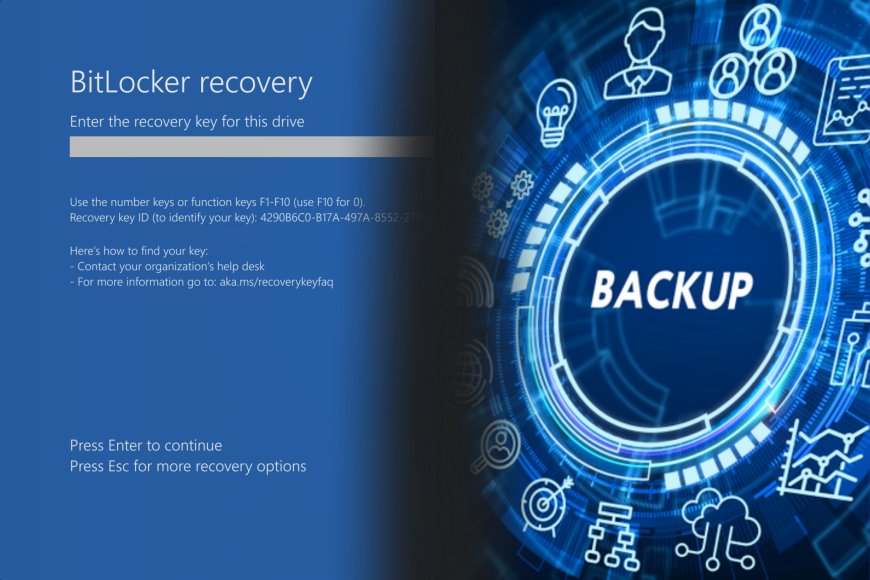Why SSD Encryption Alone Isn’t Enough — Secure Your Data with a Reliable Cloud Backup Strategy
Encrypted SSDs offer strong protection against unauthorized access, but not data loss. Cloud backup adds an essential safety net, ensuring your data remains safe, accessible, and secure even if hardware fails.

Solid State Drives (SSDs) have emerged as a base for rapid and secure data storage in the digital age. Many professionals, creators, and organizations rely on encrypted SSDs to protect crucial information. Encryption means that even if your SSD comes into the wrong hands, the data cannot be accessed without an encryption key. For understanding the encryption of SSD, first you must know what BitLocker in SSD actually is.
BitLocker is a built-in encryption feature developed by Microsoft. It helps you protect the entire contents of your SSD (Solid State Drive) by converting your data into unreadable code, which can only be unlocked with a special key.
Think of BitLocker like a digital vault door for your drive — it encrypts all the files on your SSD, and no one can open that vault without the right key or password. Even if someone removes your SSD and tries to access it on another computer, they won’t be able to read or copy anything without your permission.
BitLocker only protects against unauthorized access. It doesn’t protect your data from physical damage, accidental deletion, or hardware failure.
So if your SSD is encrypted with BitLocker and it gets physically damaged or corrupted, you could still lose all your data — even though no one else can access it.
Encrypted SSDs are ideal for data protection, especially for those who handle financial, medical, corporate, or personal information. However, they are still hardware, which can fail. If an SSD fails due to accidental deletion, theft, water damage, or even manufacturing faults, your data may be permanently lost.
And here’s where cloud backup becomes your lifesaver.
Cloud backup means storing a copy of your important files, folders, or even your entire system on the internet (in the cloud) instead of just on your computer or physical storage devices like hard drives or SSDs. Cloud backup is like having a virtual safety vault. It stores a copy of your files securely over the internet in a data center, which you can access anytime, anywhere — even if your physical device is lost.
Here’s what makes cloud backups essential:
- Protection from physical loss: If your SSD is stolen, damaged, or lost, your data stays safe in the cloud.
- Access from anywhere: Even if you're travelling, cloud storage lets you access your files through your phone or laptop.
- Strong encryption & security: Cloud platforms use robust encryption, often stronger than what individuals can set up on their SSDs.
Encryption is a must — it guards against unauthorized access. But encryption cannot protect you from damage, device failure, or human error. That’s why a proper cloud backup strategy is essential. So, no matter how secure your SSD is, always have a second home for your data in the cloud. It’s a small habit that can prevent big disasters. Cloud backup serves as a reliable safety net, keeping data accessible even if hardware fails. It offers remote access, automatic sync, and strong encryption. Encrypted storage combined with regular cloud backups is the most effective strategy to protect vital data.







